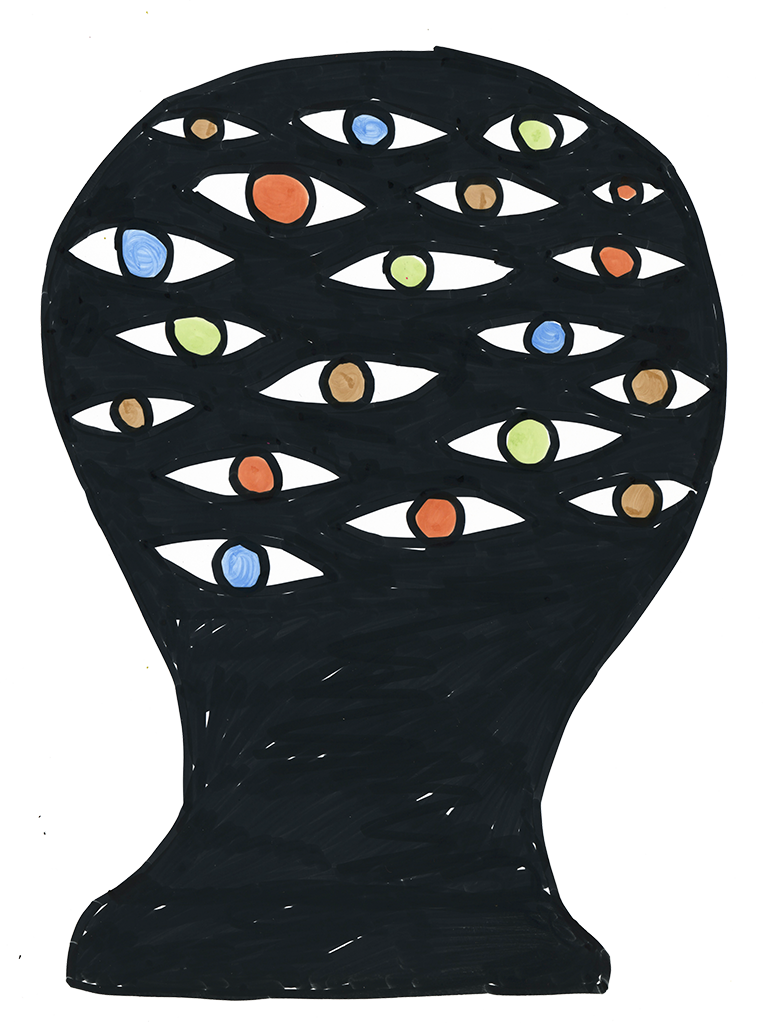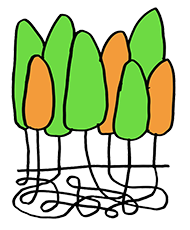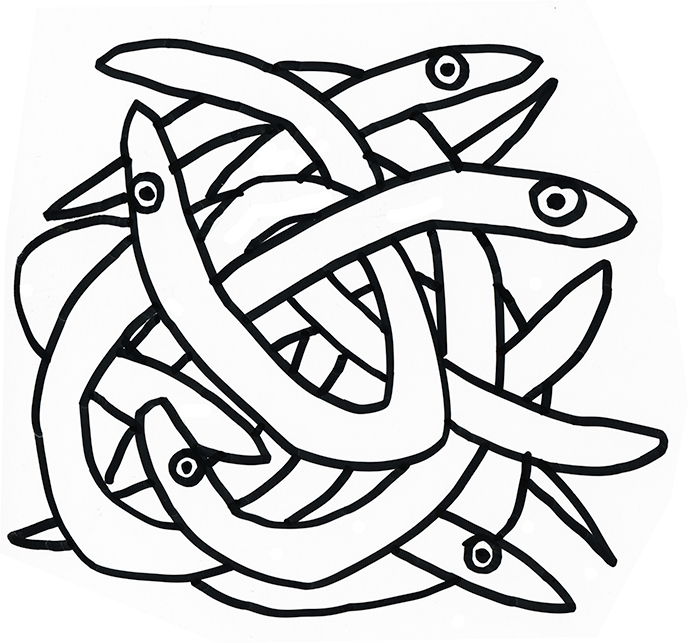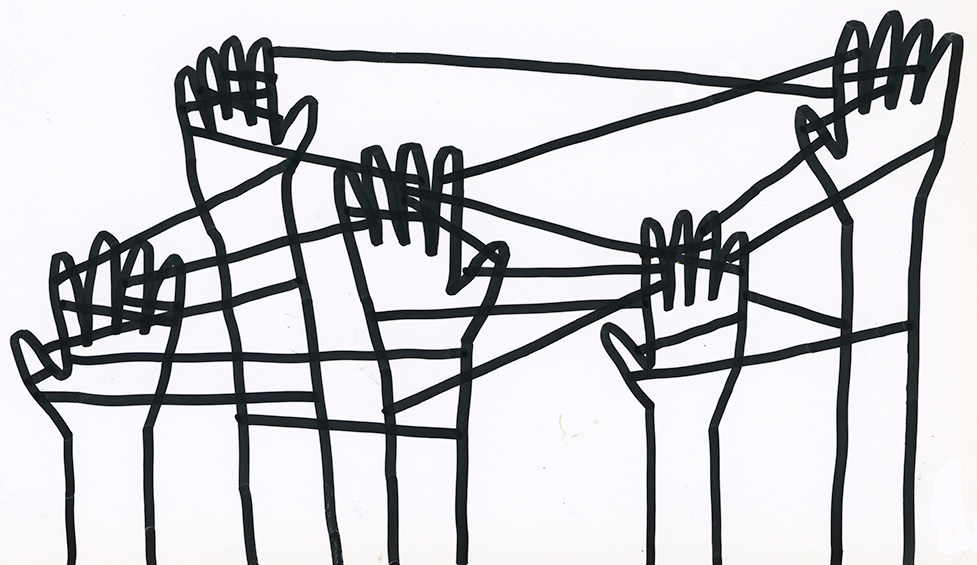We are
interconnected.
We asked thought leaders to name the Pando values they would emphasize in our current social and political environment. Here’s how they’ve responded:


From Maria Shriver, journalist, best-selling author, and former First Lady of California:
“Pando means I belong to you, you belong to me, we belong to each other.”
From The Rev. Ed Bacon, Former Senior Rector, All Saints Church, Pasadena, and Board Member, Pando Populus:
“‘We are already one but we imagine that we are not.’ Thomas Merton said those words just before his accidental death. A few months earlier in 1968, Dr. Martin Luther King in his last Sunday sermon notes that the ‘universe is constructed’ in an interdependent way: my destiny depends on yours. If there is one truth that will see us through whatever threats and chaos lie before us, it is that there will be no future without policies and attitudes based in the kind of Oneness we see in the one-tree Forest, Pando.”
From Paul Koretz, Los Angeles City Councilmember, 5th District, and Board Member, Pando Populus:
“With everything we face today — COVID-19 and its accompanying economic tsunami, a long-overdue countrywide racial reckoning, and the increasing climate-exacerbated devastation from California’s wildfires to Iowa’s freak derecho windstorm to the Gulf Coast’s relentless hurricanes — if we are to continue to survive and thrive, we must set aside our differences, whether real, perceived or manufactured, remember our better angels, seize upon our collective humanity, re-engage in a more civil, more constructive, more effective discourse, and fight fiercely for our common home: the beautiful, fragile planet Earth that sustains us all.”

From John B. Cobb, Jr., Member, American Academy of Arts and Sciences, and Board Chair, Pando Populus:
“The one-tree forest we call Pando is a community. The health and well-being of every tree contributes to the whole of the root system and lives from it. But does it make sense today for Pando to be the symbol of what we aspire to in this country, when there are such intense political feelings and competing fears? Yes, it is in just such circumstances that seeking community is most important. If you are in any of the country’s opposing camps, you can begin by formulating the way people in other camps view the world and you. You do not have to agree. But if you understand why so many people feel so disturbed and even threatened by you and your values and beliefs, you have the beginning of community. Even that beginning might save us from the worst.”
From The Rev. Ambrose Carroll, Pastor, The Church by The Side of The Road in Berkeley, CA, and Founder, Green The Church:
“He drew a circle to shut me out — Heretic, Rebel, a thing to flout. But Love and I had the wit to win: We drew a circle and took him in!” – Edwin Markham
From Peter Laugharn, President and CEO, Conrad N. Hilton Foundation:
“We’ve come a long way, but we still have a distance to go before all of our citizens embrace the idea of a truly interracial democracy, what I like to call the Beloved Community, a nation at peace with itself.” – John Lewis

From Karenna Gore, Director, Center for Earth Ethics, Union Theological Seminary:
“In the conflicts between man and man, between group and group, between nation and nation, the loneliness of the seeker for community is sometimes unendurable. The radical tension between good and evil, as man sees it and feels it, does not have the last word about the meaning of life and the nature of existence. There is a spirit in man and in the world working always against the thing that destroys and lays waste. Always he must know that the contradictions of life are not final or ultimate; he must distinguish between failure and a many-sided awareness so that he will not mistake conformity for harmony, uniformity for synthesis. He will know that for all men to be alike is the death of life in man, and yet perceive harmony that transcends all diversities and in which diversity finds its richness and significance.” – Howard Thurman
From Sister Maribeth Larkin, Sisters of Social Service of Los Angeles:
I’d like to believe that we are a “Beloved Community.” According to the King Center, Dr. Martin Luther King’s “Beloved Community” is a global vision, in which all people can share in the wealth of the earth, where hunger, poverty and homelessness will not be tolerated. Racism and all forms of discrimination, bigotry and prejudice will be replaced by an all-inclusive spirit of sisterhood and brotherhood, where love and trust will triumph over fear and hatred, and peace with justice prevails.

From Paul Rogers, Chief Scientist for the Pando Aspen Clone and Director of the Western Aspen Alliance:
In recent decades resource misuse – comorbid to a warming planet – have left a long-thriving colossus gasping for breath. In Pando, as in human societies, it is easy to forget vital relations between individuals and communities. Impulses are shared as mortality portends rebirth. Vast root networks maintain a single immense colony: e pluribus unum. Pando’s 47,000 stems with enumerable variation remain linked by DNA. Humans, though genetically distinct, are joined by need, desire, and innate dependence on Mother Earth. Pando’s paradox implores us to mutually foster communities and individuals.
He is the trembling giant. She is the nurturing spring.
From Rev. Dr. Barbara A. Holmes, spiritual teacher, activist, author, and scholar:
Liberation requires individuals willing to stand when no one else will, to sit when others are threatening you with harm, to embrace an outsider in full view of an insider, to proclaim the wisdom of the ages.
From Devorah Brous, environmental consultant:
To foster wholesale systems change, go to the roots. We gather in a sacred grove and branch out to feed shared roots – as descendants of colonizers and the colonized. We break bread as formerly enslaved peoples and enslavers, as immigrants, as indigenous peoples, as refugees. As ranchers and vegans. As scientists and spiritualists. As non-binary changemakers, and established clergy. As creatives, pioneers, and politicians. To study the known and unknown teachings of the trees – we sit still under a canopy of stark differences and harvest the nature of unity. We quest to feed and water a dying tree of life.
What Pando value would you lift up?
Send us your favorite quote or brief reflection and we will consider it for posting.
Send to: info@pandopopulus.com